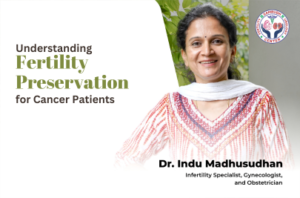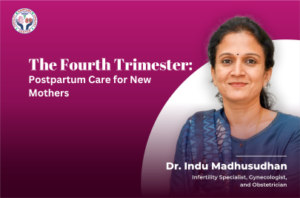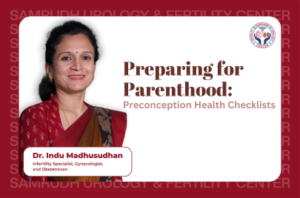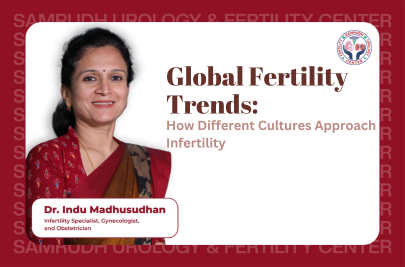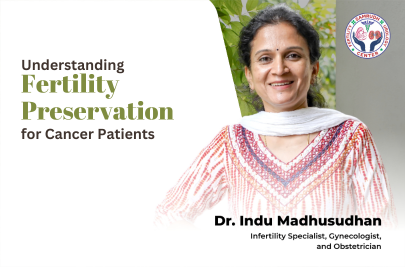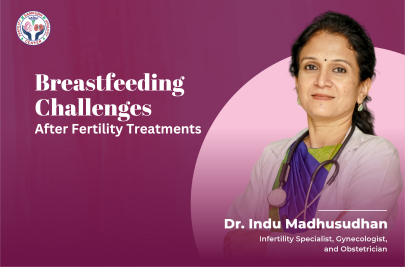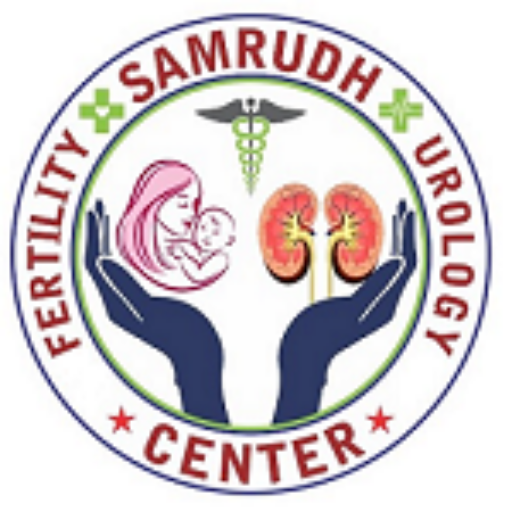Autoimmune diseases occur when the body’s immune system mistakenly attacks its own tissues, leading to chronic inflammation and damage. Increasing evidence suggests that these disorders can also have significant implications for reproductive health, potentially causing infertility in both women and men. By understanding how autoimmunity interferes with normal reproductive processes, patients and healthcare providers can identify strategies for early detection and management, ultimately enhancing fertility outcomes.
What Are Autoimmune Diseases?
Autoimmune diseases are conditions in which the immune system, designed to protect the body from external threats, begins to recognize the body’s own cells as foreign invaders. This misguided response triggers persistent inflammation and tissue damage. Common autoimmune disorders include Hashimoto’s thyroiditis, systemic lupus erythematosus (lupus), rheumatoid arthritis, celiac disease, and antiphospholipid syndrome, among others. These conditions often display a range of symptoms—from fatigue and joint pain to gastrointestinal disturbances—that can directly and indirectly affect fertility.
How Autoimmunity Impacts Fertility
The link between autoimmune diseases and infertility is complex, involving multiple pathways that disrupt normal reproductive functions. Here are several key mechanisms:
- Chronic Inflammation and Hormonal Imbalance
Chronic inflammation, a hallmark of autoimmune conditions, can interfere with the delicate hormonal balance necessary for reproduction. For instance, persistent inflammation may alter the production and regulation of estrogen, progesterone, and other reproductive hormones. In women, hormonal imbalances may lead to irregular menstrual cycles, disrupted ovulation, and decreased egg quality. In men, systemic inflammation has been associated with lower testosterone levels and impaired sperm production. Ultimately, these hormonal disruptions can reduce the likelihood of natural conception.
- Autoantibodies and Tissue Damage
In some autoimmune disorders, the immune system produces autoantibodies—antibodies that target the body’s own tissues. In the context of fertility, these autoantibodies can attack reproductive organs, such as the ovaries, fallopian tubes, endometrium, or even sperm cells. For example, the presence of antiphospholipid antibodies can lead to blood clot formation in the placenta, resulting in implantation failure or recurrent miscarriages. Similarly, anti-thyroid antibodies, common in Hashimoto’s thyroiditis, have been linked to increased risks of miscarriage and ovulatory dysfunction.
- Immune Dysregulation and Implantation Failure
A healthy immune system is crucial for embryo implantation and successful pregnancy. However, autoimmune diseases create an environment of immune dysregulation. Overactive immune responses can lead to increased levels of pro-inflammatory cytokines, which interfere with endometrial receptivity—the ability of the uterine lining to accept and nurture a fertilized egg. This hostile immune environment may cause the body to reject the embryo, leading to implantation failure or early pregnancy loss.
Common Autoimmune Disorders Affecting Fertility
Several autoimmune conditions are most commonly associated with reproductive challenges:
- Hashimoto’s Thyroiditis:
This autoimmune thyroid disorder is one of the most common causes of hypothyroidism. Imbalanced thyroid hormone levels can disrupt menstrual cycles, reduce ovarian reserve, and contribute to increased miscarriage rates. - Systemic Lupus Erythematosus (Lupus):
Lupus can affect virtually any organ system, including the reproductive system. Women with lupus may experience irregular cycles, early ovarian failure, and pregnancy complications such as preeclampsia. - Antiphospholipid Syndrome (APS):
APS is characterized by the presence of autoantibodies that increase the risk of blood clots. In pregnancy, these clots can impair placental blood flow, leading to recurrent miscarriages and complications during implantation. - Rheumatoid Arthritis (RA):
Although primarily known for joint inflammation, RA is also associated with systemic inflammation and altered hormone levels, both of which may contribute to fertility issues in some patients. - Celiac Disease:
In celiac disease, ingestion of gluten leads to an inflammatory response in the small intestine. Chronic inflammation and impaired nutrient absorption in celiac disease can adversely affect fertility, making dietary management a crucial component of care.
Early Detection and Management
Early detection of autoimmune disorders is essential for addressing fertility challenges. Because symptoms are often subtle or mimic normal physiological changes, many women and men may remain undiagnosed for years. Recognizing early signs—such as unexplained fatigue, irregular menstrual cycles, joint pain, or recurrent pregnancy loss—can prompt further investigation through blood tests for autoantibodies, thyroid function tests, and inflammatory markers.
Once a diagnosis is confirmed, management strategies can be tailored to improve both overall health and reproductive potential. Treatment often involves a combination of medication, lifestyle modifications, and, in some cases, targeted therapies like immunomodulators. For instance:
- Medications:
Hormonal therapies, low-dose aspirin, or immunosuppressants may be prescribed to reduce inflammation and correct hormonal imbalances. For women with APS, anticoagulant therapy is a critical component of treatment. - Diet and Nutrition:
An anti-inflammatory diet rich in omega-3 fatty acids, antioxidants, and fiber can help lower systemic inflammation and support hormonal balance. Patients may benefit from consulting a nutritionist experienced in managing autoimmune conditions. - Stress Management:
Techniques such as mindfulness, yoga, and regular exercise can help mitigate the impact of chronic stress—a known trigger for autoimmune flares—thereby indirectly supporting reproductive health. - Regular Monitoring:
Ongoing follow-up with healthcare providers ensures that any changes in autoimmune activity are promptly addressed, optimizing the chances for a successful pregnancy.
Conclusion
In conclusion, autoimmune diseases and infertility are intricately linked through complex mechanisms involving chronic inflammation, hormonal imbalance, and immune dysregulation. Early detection of autoimmune conditions is crucial for preserving and enhancing fertility. By understanding these connections, patients can work with their healthcare teams to adopt targeted treatment strategies—ranging from medical therapies to lifestyle interventions—that help mitigate the adverse effects on reproductive health. Embracing a holistic approach may not only alleviate the symptoms of autoimmunity but also improve overall fertility outcomes, empowering individuals on their journey to parenthood.


